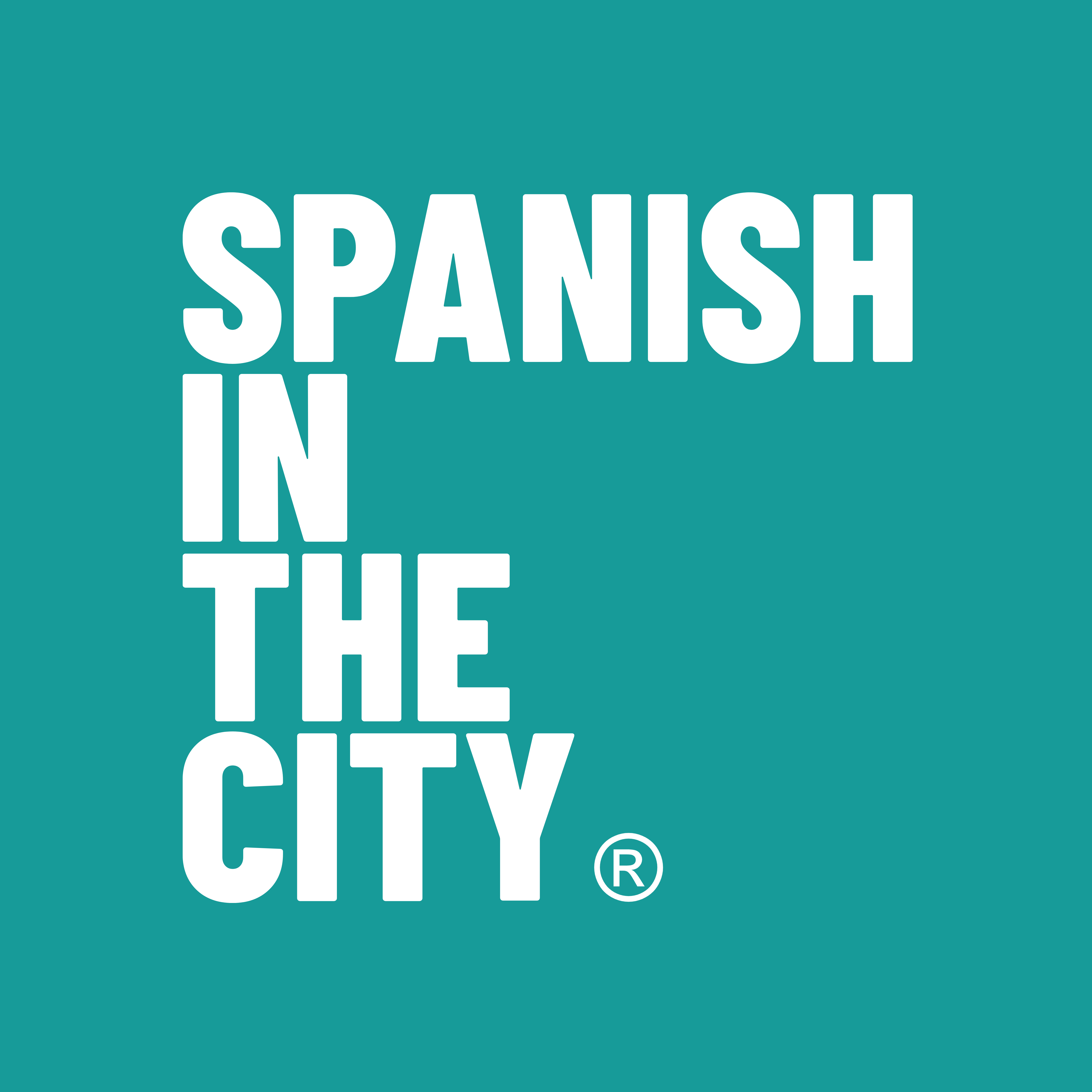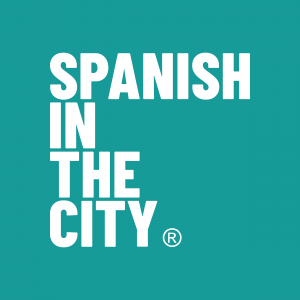In Legal Spanish, “Derechos Reales” is a term used in the legal system to refer to a set of rights that are granted to individuals or entities over a particular asset or property. These rights are called “real” because they are directly related to rights over things (res in Latin.
The concept of “Derechos Reales” is similar to the concept of “property rights” in common law systems, but it includes a wider range of legal rights that can be granted over a property. In Spanish and Latin American legal systems, these rights are specifically defined in codes which establishe the legal framework for rights over things.
Some examples of “Derechos Reales” in our legal systems include:
Propiedad: This is the most complete and absolute right that can be granted over a property. The owner of a property has the right to use, enjoy, and dispose of it freely, as long as this does not infringe on the rights of others.
Usufructo: This is a right that allows a person to use and enjoy a property that belongs to someone else, without owning it. The holder of the usufruct has the right to use and enjoy the property as if they were the owner, but they cannot sell or dispose of it. The owner keeps the nuda propiedad: naked ownership. My opinion is that usufructo is the closest legal institution we have to what in England is called leasehold.
Servidumbre: This is a right that allows a person or entity to use an immobile thing (real estate) in a particular way, even if they do not own it. For example, a person may be granted a servidumbre to use a private road that runs through someone else’s property.
Hipoteca: This is a right that a lender can claim over a property as security for a loan. If the borrower defaults on the loan, the lender has the right to foreclose on the property and sell it to recover the debt.
Derecho de Superficie: This is a right that allows a person or entity to use and occupy the surface of a property for a specific purpose, such as building a structure or conducting mining activities.
These are just a few examples of the different types of “Derechos Reales” that can be granted over a thing. Each of these rights is subject to specific legal requirements and limitations, and they can be transferred, inherited, or revoked under certain circumstances.
Overall, “Derechos Reales” play an important role in the Spanish and Latin American legal system, as they allow individuals and entities to exercise a degree of control over a particular asset or thing, while also protecting the rights of other parties who may have an interest in the same thing.


Legal and Business Spanish Lessons in London
Online Spanish Courses for the Legal, Business and Public Sectors
La expresión del día: Derechos Reales

